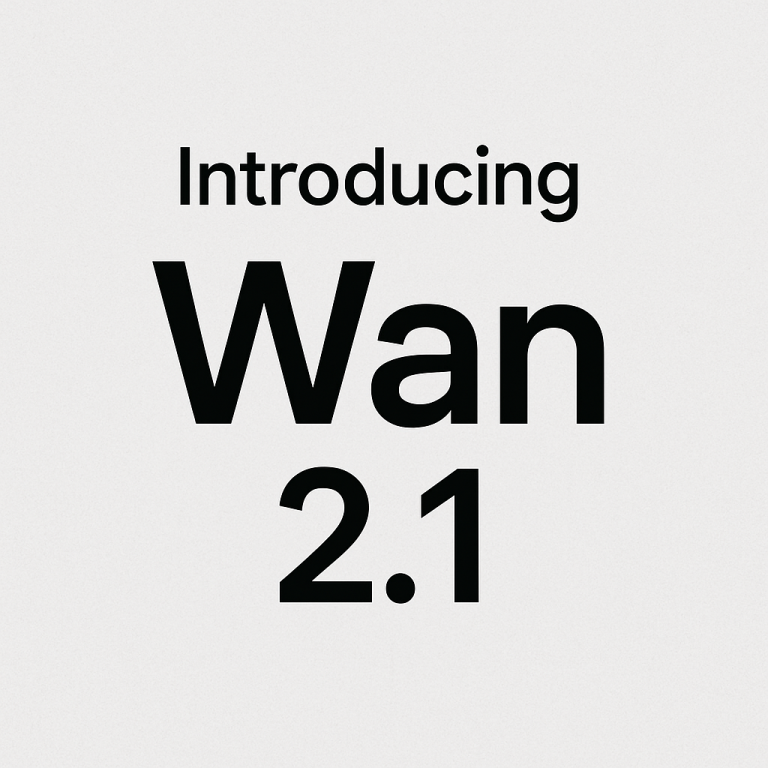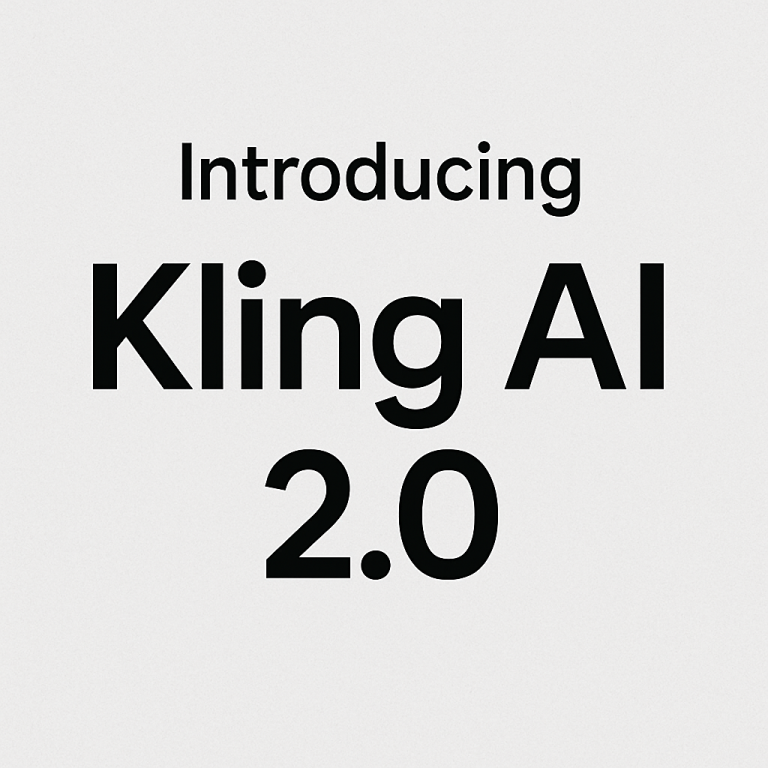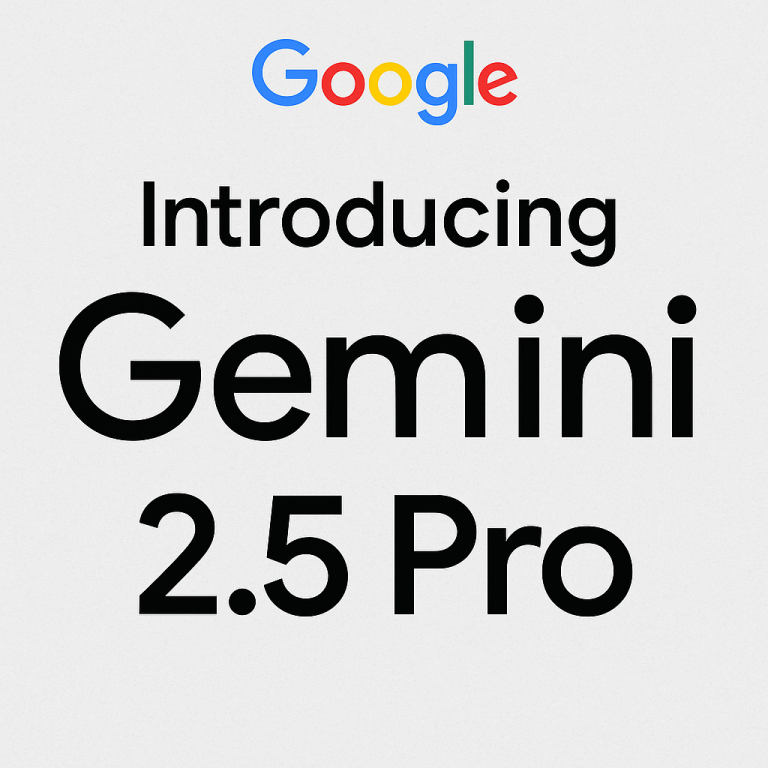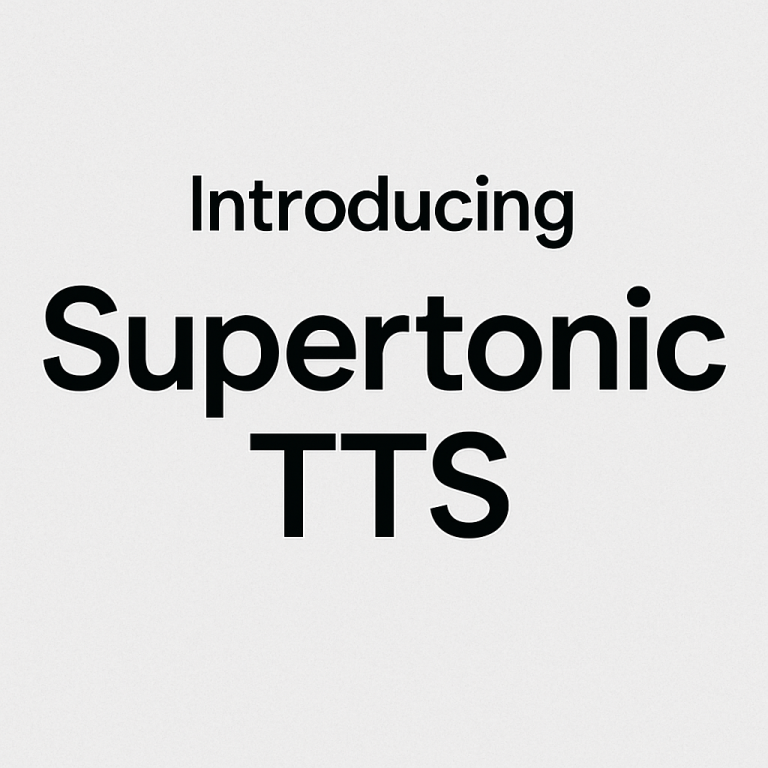Claude 3.7 Sonnet, from Anthropic, is the first hybrid-reasoning LLM that dynamically switches between rapid replies and an extended “scratchpad” for step-by-step thinking . Released February 24, 2025, it’s available via Anthropic’s API, Amazon Bedrock, Google Vertex AI, and native mobile/web apps .
Architecture & Training Data
- Dual-Mode Transformer allocating compute between instinctive and deliberative layers.
- Safety-First Training under Anthropic’s Responsible Scaling Policy to minimize harmful or hallucinatory outputs .
What’s New
- Hybrid Reasoning Modes: Fast-mode for quick answers; scratchpad for in-depth solutions .
- Improved GUI Automation: Beta tools for reliable clicks, scrolling, and typing in agentic workflows .
- Expanded Cloud Reach: Accessible on all major cloud platforms and via native apps .
Key Features & Highlights
- Low Hallucination: ~2.1 % factual error rate, among the best for knowledge tasks .
- Configurable Thinking Budget: Trade off speed vs. depth per API call.
- Agentic Coding (Claude Code): Plans, writes, and debugs complex codebases .
Use Cases
- Enterprise Chatbots: Context-aware agents for customer support and multi-step workflows.
- Visual Data Extraction: Parse charts, tables, and images into structured data.
- Robotic Process Automation: Automate GUI-based desktop/web tasks.
- Creative & Analytical Writing: Tone-adapted content generation and document summarization .
Performance & Benchmarks
| Benchmark | Claude 3.7 Sonnet | GPT-4.1 | Gemini 2.5 Pro |
|---|---|---|---|
| LMArena Code Engineering | 89.4 % | 85.2 % | 93.5 % |
| Complex Reasoning (Internal Tests) | 90.2 % | 86.9 % | 92.3 % |
| Hallucination Rate (Knowledge QA) | 2.1 % | 3.5 % | 2.7 % |
Pricing & Access
- API Pricing: Similar to Claude 3.5; extended-thinking incurs a modest extra fee.
- Availability: Anthropic API, Amazon Bedrock, Google Cloud Vertex AI, Claude web/iOS/Android.
Integration & Deployment
- Anthropic API: REST endpoints with “think_time” parameter.
- Bedrock & Vertex: One-click managed deployment.
- SDKs: Python, JavaScript, and no-/low-code connectors.
Pros & Cons
Pros:
- Transparent reasoning process
- Industry-leading factual accuracy
- Flexible thinking-depth control
Cons: - Extended mode can be slower (up to 15 s) .
- Requires workload-specific tuning of thinking budget.
FAQs
Q: How does Sonnet compare to GPT-4 for coding?
A: GPT-4.1 may be faster; Sonnet’s extended-thinking often yields deeper, lower-error solutions.
Q: Can I inspect intermediate reasoning steps?
A: Yes—extended thinking exposes a scratchpad of its internal chain of thought.





